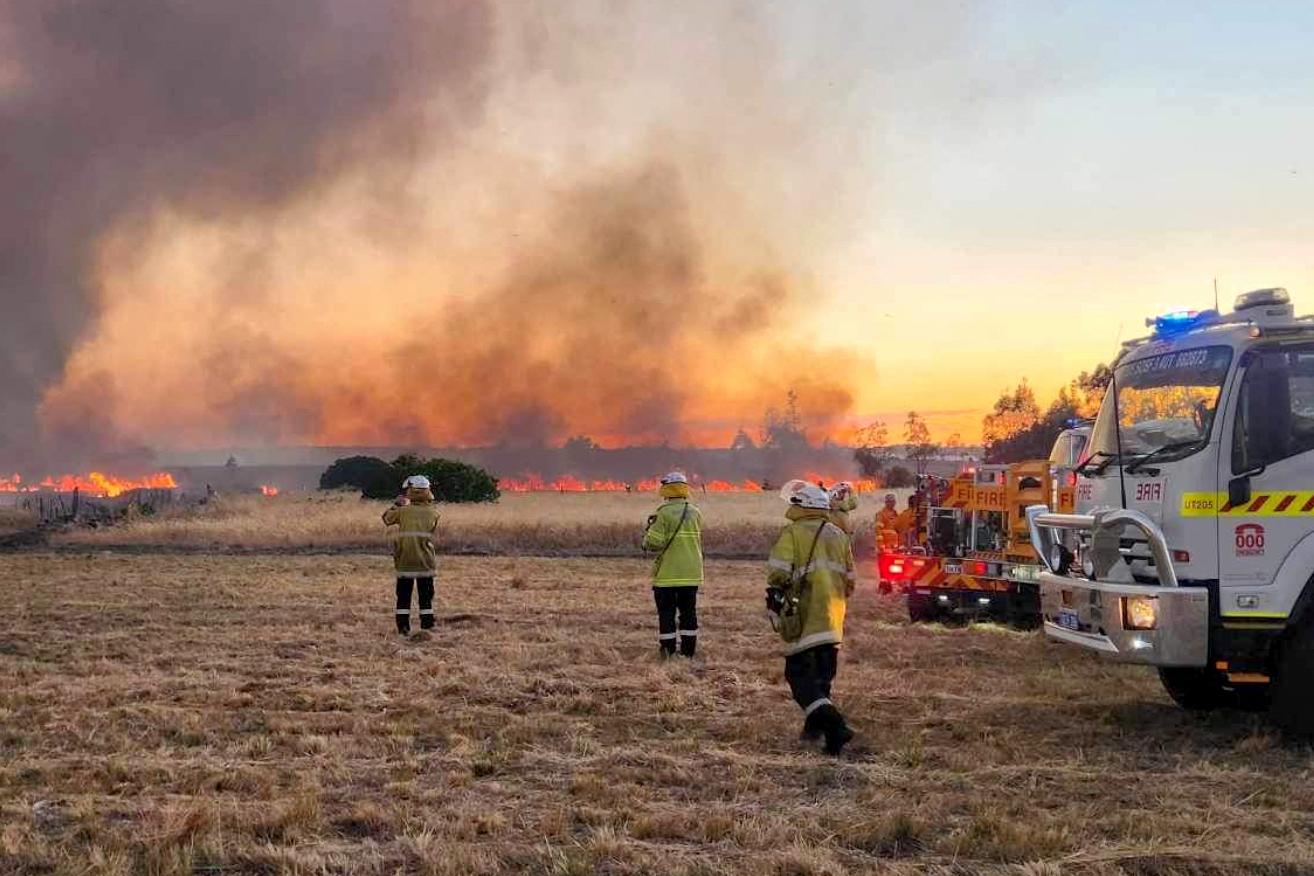Should a (tolerated) coalition emerge with parties such as the PVV and VVD, the cultural sector will face an uncertain and perhaps difficult time.
Marco Visser26 november 2023, 19:51
The extreme right and culture rarely go together. Just look at the PVV’s election manifesto and read how this party wants to abolish all subsidies for culture. But the VVD is also causing unrest in the sector. The party wants to increase the VAT rate from 9 to 21 percent. This is a huge increase in burdens for the cultural sector, reminiscent of the cutbacks under VVD minister Halbe Zijlstra. It is not known whether the PVV and the third intended coalition party NSC also want to increase VAT. Both parties do not respond to questions.
First the plans of the PVV. Abolishing all subsidies is not easy. The PVV does not alone determine what policy will be in the coming years. In addition, agreements have already been made and have also been discussed by the House. Although no amounts have been put on it. So that is an uncertain factor.
PVV members also go to concerts
In return for 3 before 12, the music department of the VPRO, said the co-chairman of interest group Kunsten 92, Jeroen Bartelse, that he does not believe that all subsidies from the national government will go to zero. “The elections were not about culture, people who voted PVV also go to concerts and are on the dance floor.”
If government subsidies are cut, the blow will be big, but it will not immediately mean the end of the cultural system. The national government is not the largest financier of subsidized art. Those are the municipalities. They pay 60 percent of the subsidies, the national government 30 percent. The rest comes from the provinces.
Partly for this reason, festivals, concert halls, theaters, cinemas and everyone who works there are also concerned about the VAT increase. The low rate of 9 percent now applies to culture. This was introduced in 1996. According to the VVD, it has proven to be ineffective. Efficient means: has the VAT reduction, for example, created a greater audience?
What the VVD claims about efficiency is not correct. There are two studies that have examined effectiveness, one out 2018 and one out 2023. Both studies conclude that the reduction was sometimes indeed effective, sometimes possibly effective and sometimes not. “There is some variation in effectiveness,” says Astrid Weij, the director of Kunsten 92, but “I do not read it in the report as rigorously as the VVD puts it.”
More parties want higher rates
The VVD is not the only party that advocates an increase in the VAT rate. The CPB’s calculation shows that other parties also want to reverse reduced VAT rates, although it is not always clear in which parts of the cultural sector they want to levy the high rates.
Weij wonders whether political parties are not thinking too easily about a possible increase. “Everyone who loves music, movies or reading is affected by it. If you want to go to the movies or a festival, it will be more expensive.”
How much more expensive depends on the percentage that cultural organizations pass on to the visitor. But a good 10 percent on top of the current price is a realistic estimate, Weij thinks. For festival lovers, this means a Lowlands ticket will go from 300 to 330 euros.
Now Lowlands will not be affected as much by the price increase. Visitors do come anyway, as became clear this year when the price rose by 45 euros. The result may be that young people in particular no longer go to, for example, five festivals, but to three. They will not cancel Lowlands, Pinkpop or other A-category festivals. The savings are probably in the middle segment. That’s where the VAT increase will hurt the most.
More expensive self-employed people
The increase is also bad news for the many self-employed people in the cultural sector. They have to pay more to the tax authorities and therefore become more expensive. If they do not pass on the VAT increase, their income will decrease while the sector is trying to put an end to chronic underpayment.
Weij would like to emphasize that culture is not something that belongs to Dutch people who vote for left-wing parties, or to the elite. “Culture belongs to everyone. The election results show that a large proportion of Dutch people do not feel heard. Now another part of the Netherlands is in danger of not feeling heard. Art and culture in particular can play an important role in bridging these contradictions.”
Also read:
Cultural sector is concerned after the fall of the Rutte IV cabinet: ‘The momentum should not slow down’
The Rutte IV cabinet as a whole evoked few warm feelings, but several individual ministers did so in their sector. One of them is Gunay Uslu, the state secretary for culture and media. Jeroen Bartelse, the co-chairman of the interest group Kunsten ’92 and director of TivoliVredenburg, is therefore ‘not happy’ about the fall of the cabinet.
2023-11-26 18:51:00
#concerts #festivals #cinema #expensive #PVVs #election #win


